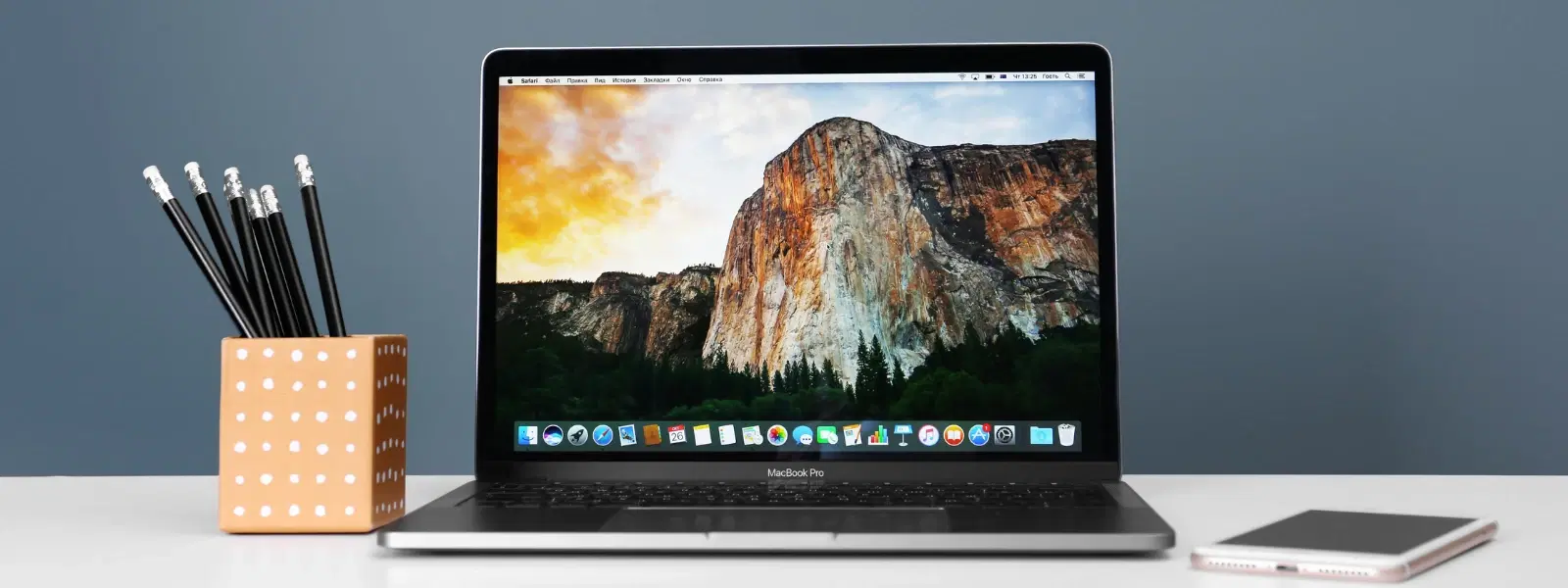
Consumer Electronics
•03 min read
Is your Mac running slower than usual or struggling with storage issues? You might be dealing with excess cache files clogging up your system. In this guide, we’ll answer common questions about how to remove cache from Mac, provide step-by-step instructions for clearing various types of cache and share expert tips to optimize Mac performance and manage Mac storage effectively.
Cache files are temporary data stored by your system, apps, and browsers to speed up processes and improve performance. On a Mac, there are several types of cache including system cache, application cache, and browser cache. These files are meant to make loading times shorter and applications more responsive.
Clearing cache can be beneficial if your device is running out of space or if apps are acting up. A regular Mac cache cleanup can free up space and resolve occasional glitches. Rest assured, when done correctly, deleting cache files on Mac is safe and does not affect the core functions of your system.
To clean system cache on Mac manually, start by opening the Finder and selecting 'Go to Folder' from the menu bar. Type in ~/Library/Caches and delete the files within the folders you recognise. There are also trusted tools available for Mac cache cleanup such as CleanMyMac or MacCleaner Pro that can help automate the process.
Application cache files can be found in the same Caches folder within your Library. Open the folder, identify the app-specific caches, and delete them carefully. Avoid removing files if you are unsure, as this could lead to losing important data that apps might be relying on.
Each browser has its own process. For Safari, go to Safari > Preferences > Privacy > Manage Website Data and click on 'Remove All'. For Chrome and Firefox, access the settings menu and look for options related to clearing browsing data. Clearing browser cache on Mac can result in a faster browsing experience and more free space.
Many users find it easier to manage Mac storage cleanup by automating the process. Reliable software tools can automatically clear cache files on Mac, remove temporary files Mac and help optimize Mac performance regularly. This not only saves time but also ensures that your device remains efficient.
Temporary files can also accumulate and eat up valuable storage. Take a few minutes to review your downloads and other temporary directories. Organise your files periodically to clear unnecessary data and enjoy a smoothly running system.
Expert Tip: Cache Cleanup Frequency Matters
Did you know? Clearing your Mac’s cache too often can slow down apps and system processes. Aim to clean cache files every few months or when you notice performance issues to strike the right balance between speed and storage.
Deleting all cache files might cause a temporary slowdown as apps rebuild their cache, but it does not harm your Mac in the long run.
Yes, as long as you are cautious. Ensure you delete only cache files and not critical system or application data.
It is ideal to perform a Mac cache cleanup every few months, or sooner if you face performance issues or storage constraints.
No, clearing your browser cache will not remove your browsing history. They are managed separately in your browser’s settings.
The process is similar across all Mac models, including MacBook Air and Pro. Follow the same instructions to manage cache files and optimise performance.
Cache files are temporary data stored by your system, apps, and browsers to speed up processes and improve performance.
Go to Safari > Preferences > Privacy > Manage Website Data and select 'Remove All' to clear cache files.
Yes, as long as you avoid deleting critical system or app files.
Sometimes, apps may run a bit slower as they rebuild cache, but overall, clearing cache improves performance.
Aim to clean cache files every few months or when you notice performance issues.
Clearing cache on your Mac is a practical way to free up storage space, address minor glitches and optimize overall system performance. By understanding the types of cache, following a detailed guide for manual or automated cleanup, and incorporating best practices, you can enjoy a smoother experience whether you use your Mac for work, study or leisure. Remember, just like Tata Neu offers a seamless transaction experience with rewards such as NeuCoins, maintaining your Mac with regular cache cleanup keeps it running at its best, making day-to-day tasks easier and more efficient.